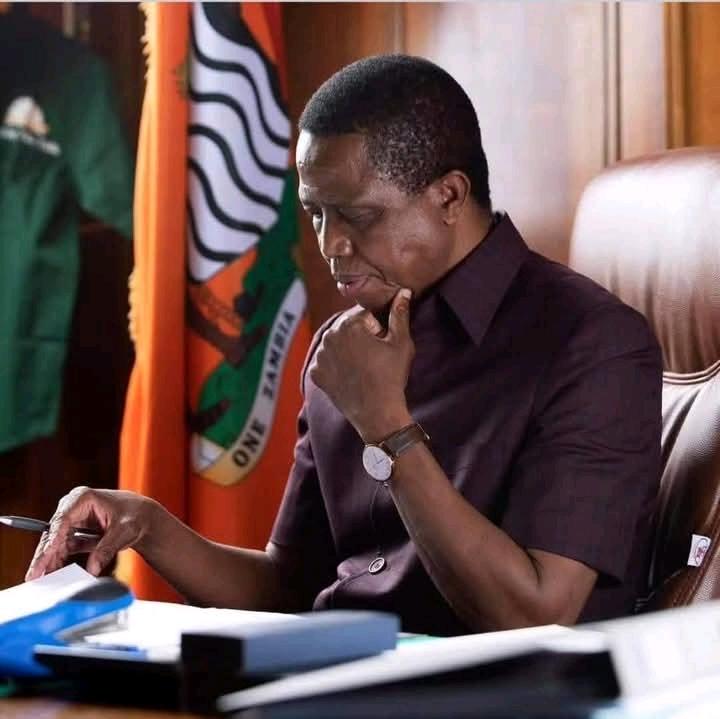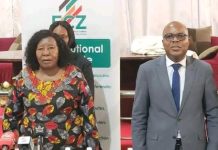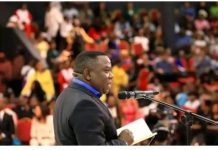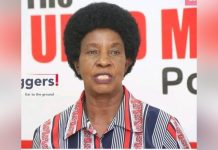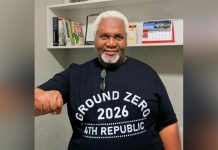Africa-Press – Zambia. The death of former Zambian President Edgar Chagwa Lungu in Johannesburg has triggered more than national mourning, it has sparked a profound legal and constitutional reckoning.
What began as a tragic personal loss has evolved into a transnational dispute that tests the delicate boundaries between state duty, family rights, and international law.
Private Grief on Public Stage
At the heart of this tension is a family’s solemn wish, to privately lay their patriarch to rest in South Africa.
Yet the Zambian government, seeking to uphold national honor and constitutional tradition, has petitioned South African High court through attorney general Mulilo Kabesha to compel the repatriation of Lungu’s remains for a state funeral at Embassy Park in Zambia’s capital city Lusaka.
This raises a complex and timely legal question, can a state override the burial wishes of a family when the deceased is a former head of state, and do those powers cross international borders?
Conflict of Laws, A Jurisdictional Maze
Enter Private International Law, often known as conflict of laws. In this case, South Africa’s courts are faced with an intricate legal matrix, balancing;
-Zambia’s sovereign claim to a national hero’s remains,
– The family’s constitutional rights to privacy and dignity under South African law,
– Diplomatic custom and international precedent in the burial of state leaders abroad.
South African judges must assess whether Zambia’s legal standing and moral authority carry enough weight in a foreign jurisdiction to supersede familial decisions.
President Hakainde Hichilema’s actions following Lungu’s death transcended rivalry.
He declared a national period of mourning, authorized a state funeral, and designated Embassy Park for Lungu’s final rest.
His message was unambiguous, “This moment is about our country, not about politics.”
By framing the presidency as an institution of the people, Hichilema positioned the burial as a matter of national symbolism, suggesting that Lungu’s death, while personal, also belongs to the collective Zambian memory.
Three Paths Before the Court
The South African High Court now stands at a crucial legal fork;
1. Affirm the family’s autonomy, under South Africa’s Constitution, prioritizing privacy and dignity.
2. Grant Zambia’s request, allowing the state to reclaim and bury a former leader within its national rites.
3. Urge mediation, crafting a compromise that honors both legal and emotional dimensions of the case.
Given South Africa’s strong human rights jurisprudence and diplomatic traditions, the final ruling will likely be a careful balancing act, not a blunt directive.
A National Funeral, A Continental Question
Whether Edgar Lungu is laid to rest in South Africa or Zambia, the process of deciding will echo far beyond courtrooms.
This is not merely a logistical issue of burial, it is a constitutional test, a question of identity, and a moment of collective self-reflection.
In the tension between private grief and public obligation, Zambia and Africa now grapple with what it truly means to honor a leader, not just in death, but in dignity.
Mindset Must Change
For More News And Analysis About Zambia Follow Africa-Press


